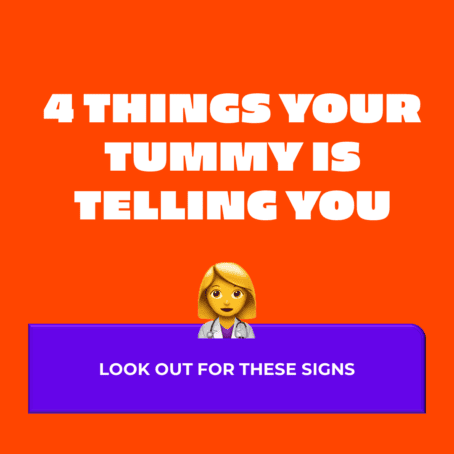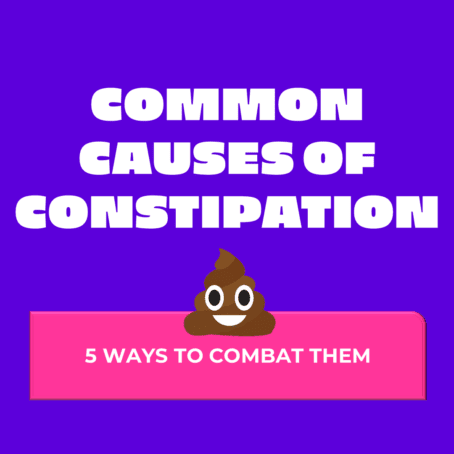Having the right energy and mood
Feeling good
Sleeping well and waking up feeling refreshed ready for the day ahead? Memory staying sharp, feeling upbeat and focused on your daily tasks? These are signs your tummy is healthy.
What’s the link? It all comes down to the gut-brain axis – the two-way communication between your tummy and your brain. When your tummy talks to your brain, it has the power to influence your mood. So when your tummy is happy, your brain can feel it too.
Feeling low
Low energy and low mood can be signs your tummy is unhappy. Poor sleep can also have a knock-on effect on your tummy, stopping it working at its best.
If you’re feeling fatigued or suffering from a midday slump, it’s time to start taking care of your tummy with some of our top tips. A happy tummy can mean you have more energy and give your mood a boost too.
Your tummy noises
Normal noises
Trumping, passing wind, farting – whatever you call it – this is your tummy’s way of getting rid of any excess gas that’s built up from normal digestion. And anywhere between 10 and 20 times a day is completely healthy. Better out than in!
Nasty noises
Feel like you’re burping and farting a little too often? Or battling with a constantly bloated belly?
If you think it might be getting too much, or it’s affecting your daily life, this is a sign of an unhappy tummy. Bloating or feeling like your wind is trapped can be a sign of having too much gas, which can suggest those microbes in your tummy are out of balance.
It could also be a sign of reflux, which is worth checking out with your doctor.
If you find yourself with more troublesome gut health signs than happy times. Or those tricky symptoms just don’t go away – especially if there’s been no change in your diet, stress or circumstances. It’s time to check in with your doctor.
Read more about what your tummy is trying to tell you…




